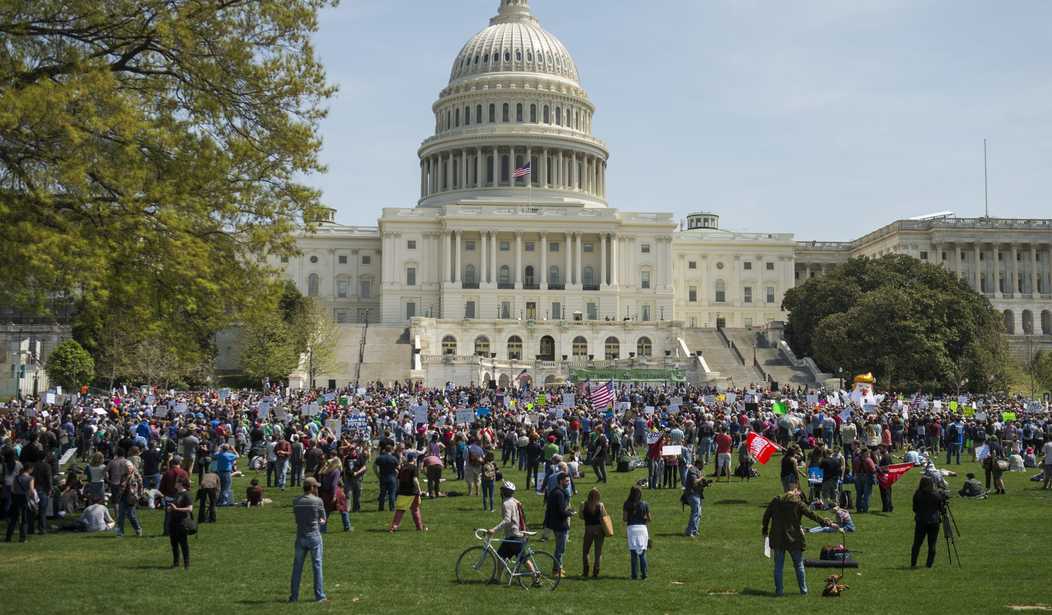WASHINGTON – During the inaugural hearing for the newly formed Speaker’s Task Force on Intergovernmental Affairs on Thursday, House Speaker Paul Ryan (R-Wis.) and other lawmakers discussed the erosion of federalism under an increasingly overreaching federal government.
Composed of seven Republicans and six Democrats, the panel’s mission is to develop specific recommendations for finding appropriate balance between federal agencies and state, local and tribal governments. Ryan and House Minority Leader Nancy Pelosi (D-Calif.) announced the formation of the task force in May.
“Government works best when it works from the bottom up,” Ryan said, while calling for less arrogance and more collaboration around Washington. “Washington does not know best, and one size does not fit all.”
Panel Chairman Rob Bishop (R-Utah) described Thursday’s meeting as the “very beginning,” after hearing from a number of experts sharing concerns from perspectives at the state, city and local levels. Bishop said that more philosophical discussion will lead to specific changes in improving intergovernmental practices in the future.
According to Rep. Anthony Brown (D-Md.), balance between federal, state and local government began to shift with the expansion of the administrative state, which he said started 50 years ago. He said the endless amount of rules and regulations coming from the executive branch has created a mountain of mandates that burdens local entities. Moving forward, he suggested the panel work to distinguish between congressional and executive powers.
Tennessee Senate Majority Leader Mark Norris, who offered opinions from the state level, noted that in May attorneys general from 16 states wrote to President Trump raising concerns about federal overreach. The group suggested that the administration lead an effort in restoring the lawmaking role of Congress.
“We need to take a closer look at what we call ‘consultation’ with states,” Norris said. “Many of our state legislators, like me, are truly citizen legislators — we hold full-time jobs in addition to our public service. It is difficult, if not impossible, to keep up with and meaningfully respond to the proliferation of regulations and paperwork required.”
Patrick L. Wojahn, mayor of College Park, Md., and board member for the National League of Cities, discussed issues between state and city governments. He believes the authority of local governments has dwindled, even though the economic influence of cities is stronger than ever. According to Wojahn, cities house about 86 percent of the country’s population, while local governments spend $1.5 trillion on services approved by city halls, including transportation, public safety, clean energy and water and educational services.
Wojahn discussed the dilemma between Home Rule governing authority and Dillon Rule governing authority, laws that dictate how states and local governments interact. According to the mayor, the Dillon Rule allows state legislatures to aggressively control local government, to the point where cities are unable to make decisions for themselves. He said cities enjoy much broader authority under the Home Rule concept.
Wojahn pointed to a National League of Cities report released in February, showing that 24 states preempt local minimum wage ordinances, 17 preempt paid-leave ordinances, 37 states limit authority to regulate ride-sharing, and 42 states limit local fiscal discretion through tax and expenditure limits.
Rep. Gerry Connolly (D-Va.) suggested abolishing the Dillon Rule altogether, expressing frustration on how localities have to go to the state to get permission in governing the smallest things. He said the Dillon Rule also enables the state to pick and choose how it treats urban versus rural areas.









Join the conversation as a VIP Member